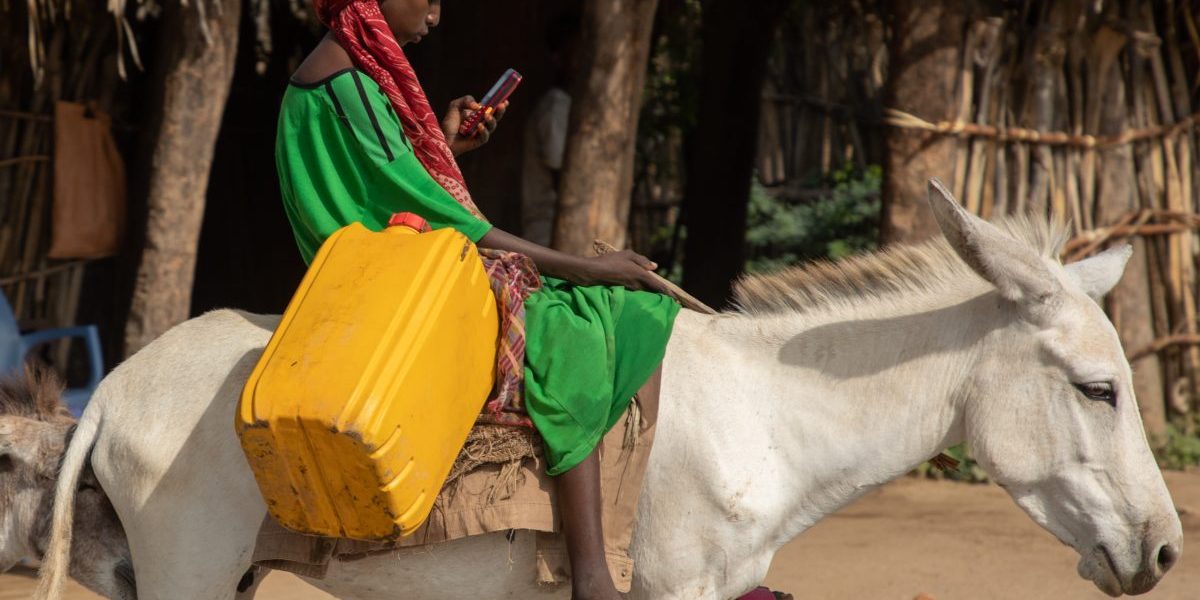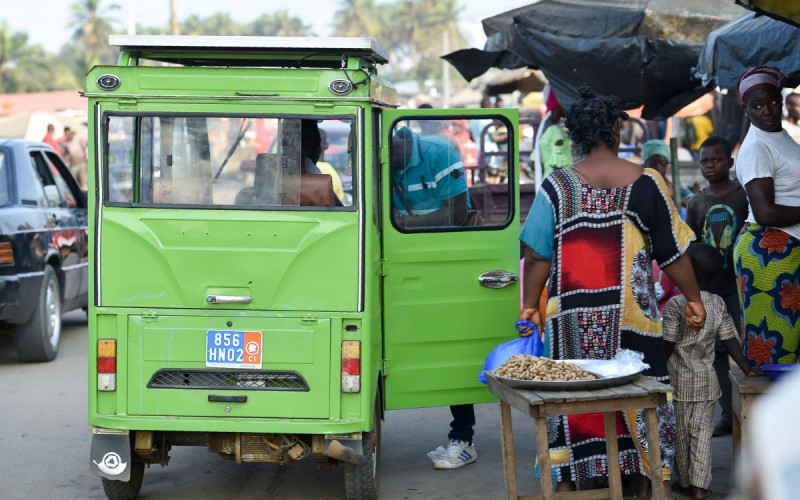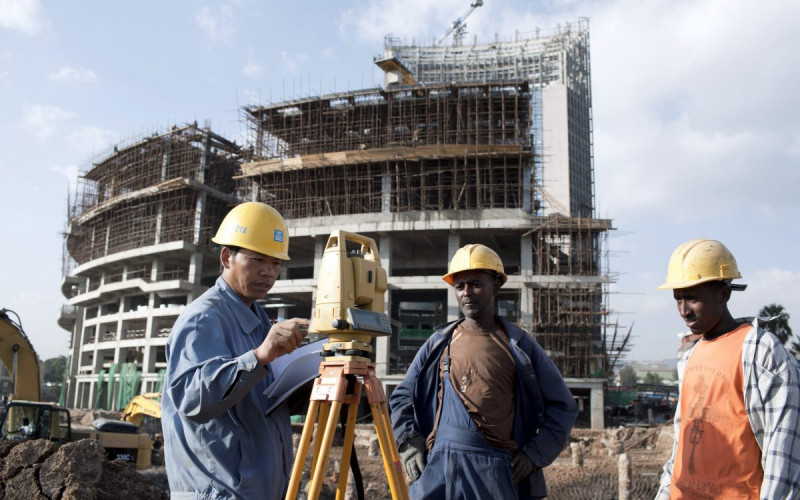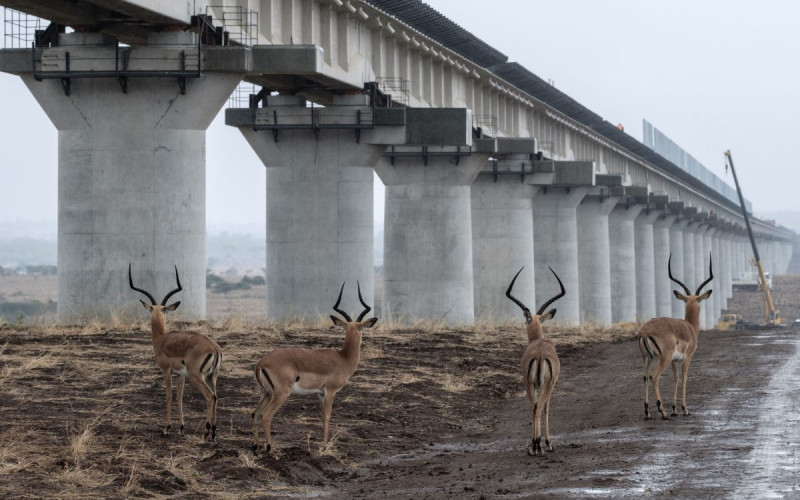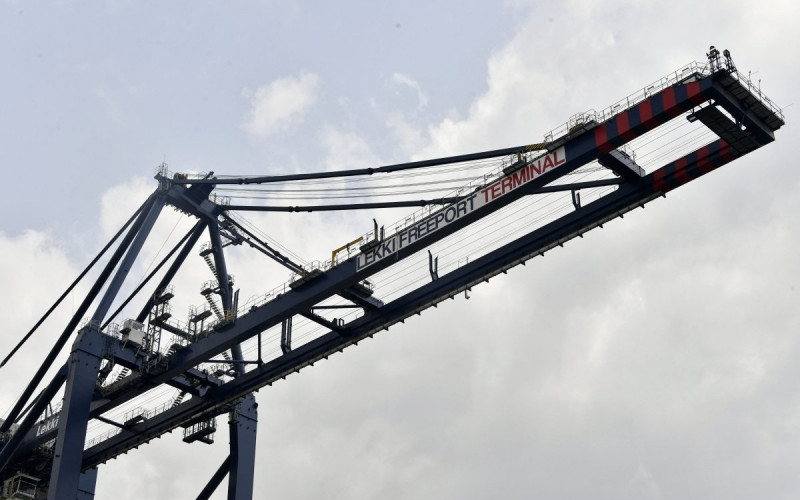Summary:
- In recent years, consumption-based demand for donkey hides in China – where these are used to make an ancient health-related product called ejiao – has led to not only a shortage of donkeys in China but also greater international commodification of donkeys.
- In Africa, the donkey retains its ancient role as a workhorse, for transport purposes especially. In rural Africa, the presence of a donkey in a household not only helps to alleviate poverty but also frees women and girls from household drudgery. It is thus at the heart of rural gender empowerment on the continent.
- Sky-rocketing Chinese demand for Africa’s donkeys – ahead of the development of a niche, formal and regulated farm-based trade – has led many African countries to impose bans on the export of donkey hides. This has resulted in the emergence of illicit and even more inhumane and unhygienic cross-border and regional donkey trade.
- The formal potential for trade in donkeys between China and Africa is limited, owing to the low reproduction rate of the donkey, the need for donkeys in Africa to support the poor, and the reality of the struggle to control illicit trade. This paper offers policy suggestions for China and African countries to retain the donkey’s ancient role in unlocking sustainable trade-based prosperity while also seeking to preserve the medicinal ejiao supply in China. In doing so, it seeks to arrive at alternatives to risking the continued existence of the donkey, and to prevent China’s demand for Africa’s donkeys from leading to a broader collapse of support for China–Africa ties on the continent.

